
Francisco Guerreiro wants to end styrofoam in the fisheries sector
Brussels, 13 October 2020 - MEP Francisco Guerreiro (Greens/EFA) asked the European Commission (EC) why was polystyrene excluded from its Directive (EU) 2019/904 and calls for a revision, in order to remove highly polluting products made of styrofoam from the market, particularly in the fisheries sector.
Since Directive (EU) 2019/904 aims "to prevent and reduce the impact of certain plastic products on the aquatic environment", Francisco Guerreiro considers that the EC "failed" not to mention materials such as expanded polystyrene, more commonly dubbed styrofoam.
“The styrofoam used by the fishing industry is a plague and one of the main sources of marine plastics and microplastics. It is a serious mistake for the [European] Commission not to prohibit the use of this material in fisheries,” the MEP explains.
The fishing industry frequently uses fishing or marking buoys and isothermal packaging made of styrofoam, but these end up discarded in the oceans, due to their misuse and structural obsolescence. In turn, the pollution of polystyrene foam in the ocean can seriously damage marine life and human health. Its chemical components (such as styrene) have been linked to serious illnesses, including cancer.
Francisco Guerreiro also argues that objects made from polystyrene, especially the expanded type, are too light to be recycled economically, reasons he points out for preventing the use of polystyrene in fisheries.
The MEP also questions if the EC will encourage, through grants or financial instruments from its different programmes, the development and use of alternative materials that can be used by the fishing industry, and promote their recycling, in line with its new Circular Economy Action Plan.
See the full question below.
Use of expanded polystyrene by the fishing industry
A major source of marine plastics is expanded polystyrene (also known as styrofoam) used by the fishing industry.
Scientists suggest that foamed polystyrene pollution in the ocean could cause serious harm to marine life and human health. Its chemical components (e.g. styrene) have been linked to serious diseases, including cancer.
Moreover, these containers made of polystyrene, especially the expanded type, are too light and too big to be recycled cost-effectively.
I welcome Directive (EU) 2019/904, which objectives are “to prevent and reduce the impact of certain plastic products on the environment, in particular the aquatic environment”. Therefore, I ask:
- Given that this Directive promotes circular approaches that give priority to sustainable and non-toxic re-usable products rather than to single-use products, why are these plastics, in particular the polystyrene containers and buoys, not mentioned in its Annex?
- When will the removal of styrofoam in fisheries be addressed in order to protect the environment from microplastics?
- Will the Commission encourage, through grants or financial instruments from its different programs, the development and use of alternative materials that can be used by the fishing industry, and promote their recycling, in line with the new Circular Economy Action Plan?
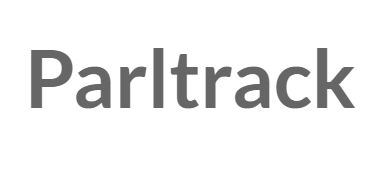

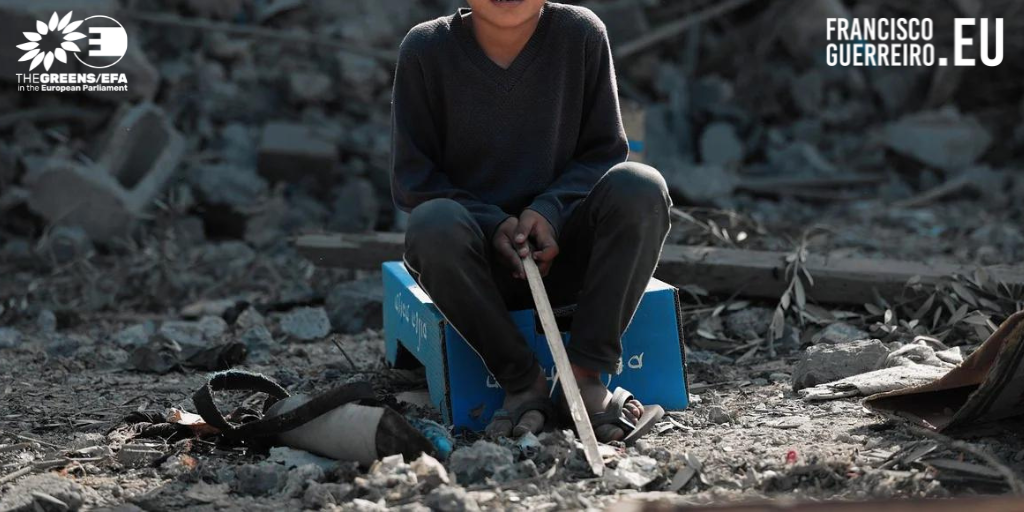
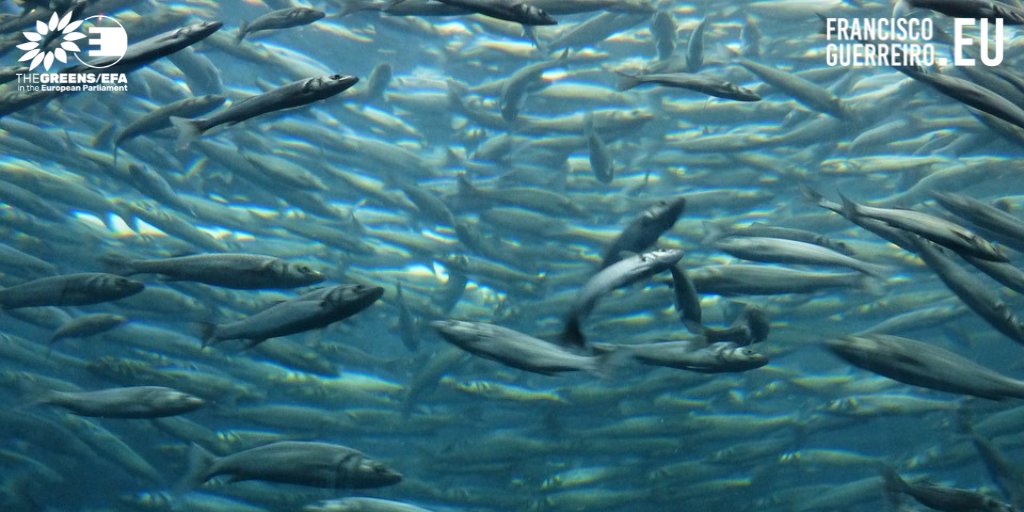

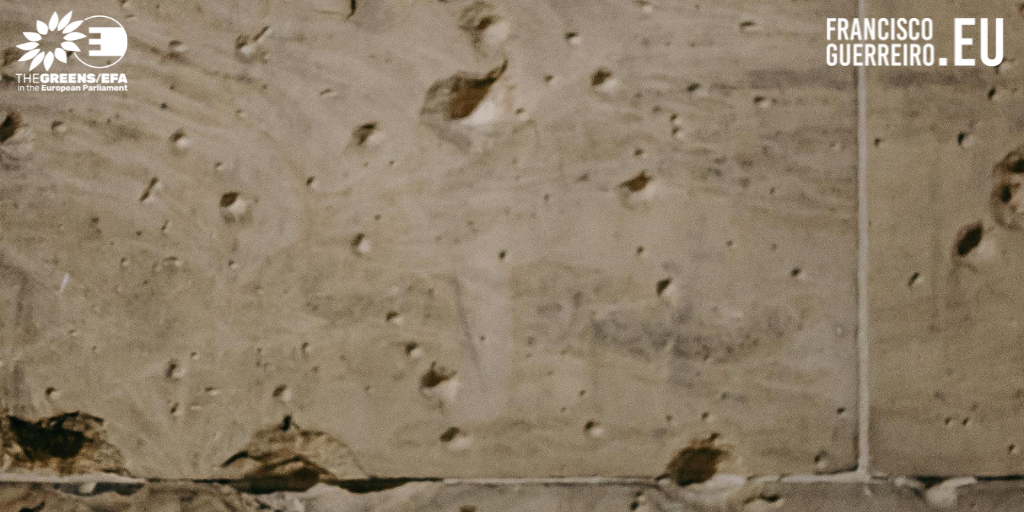
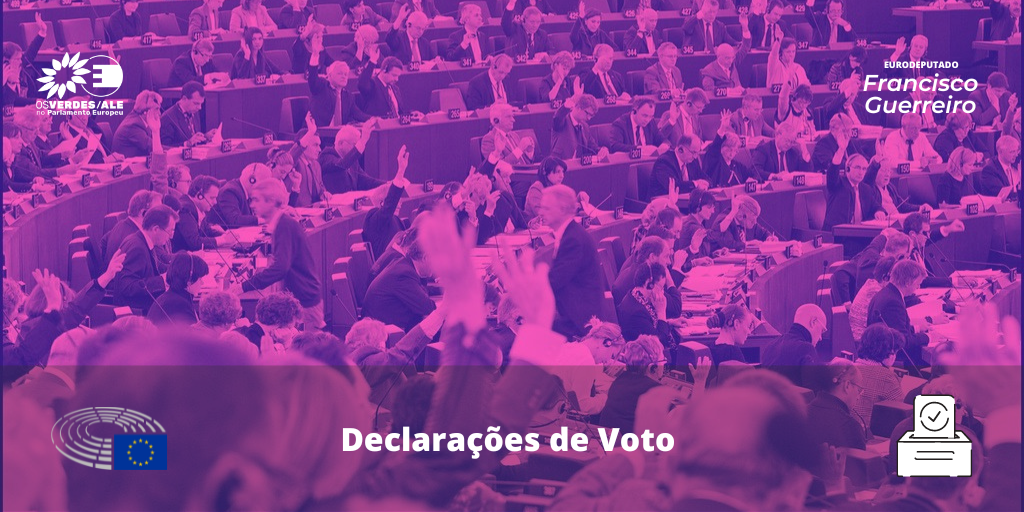
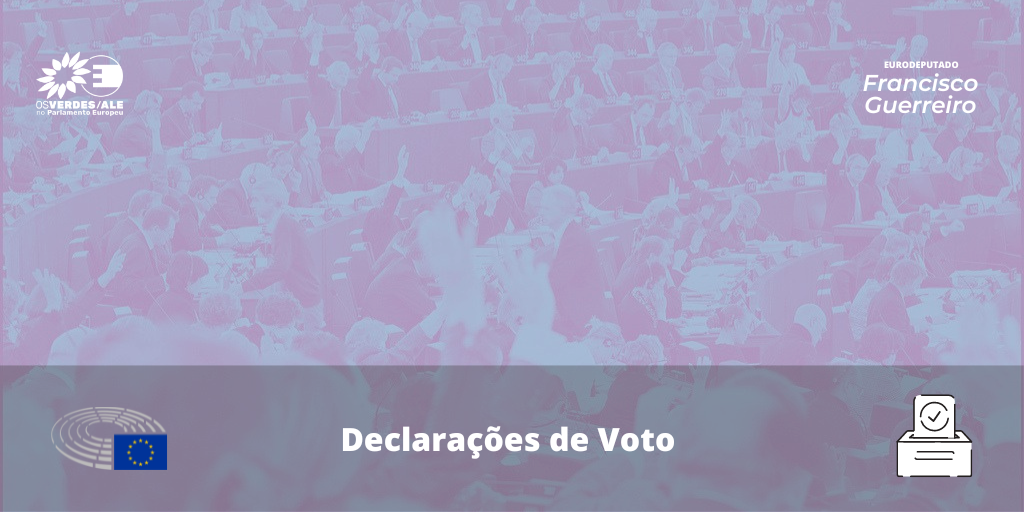
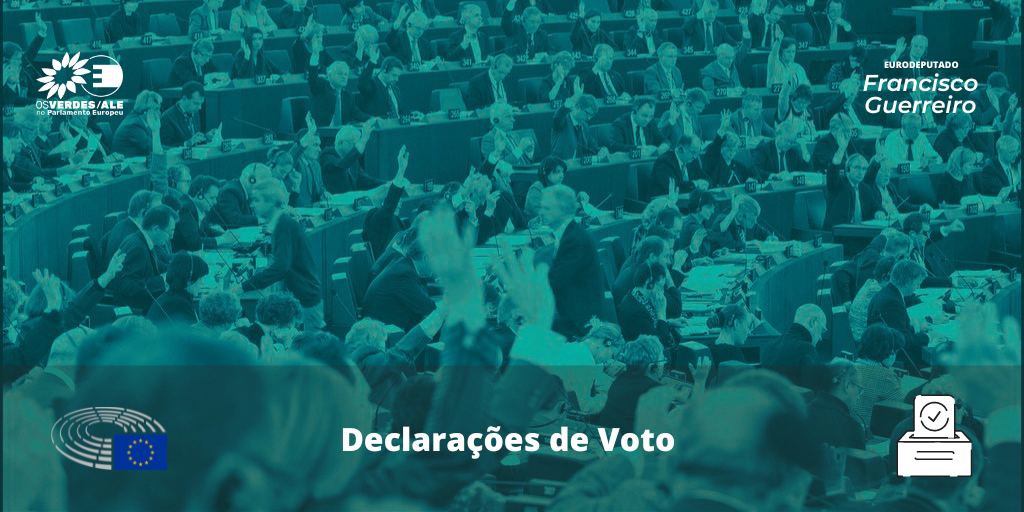
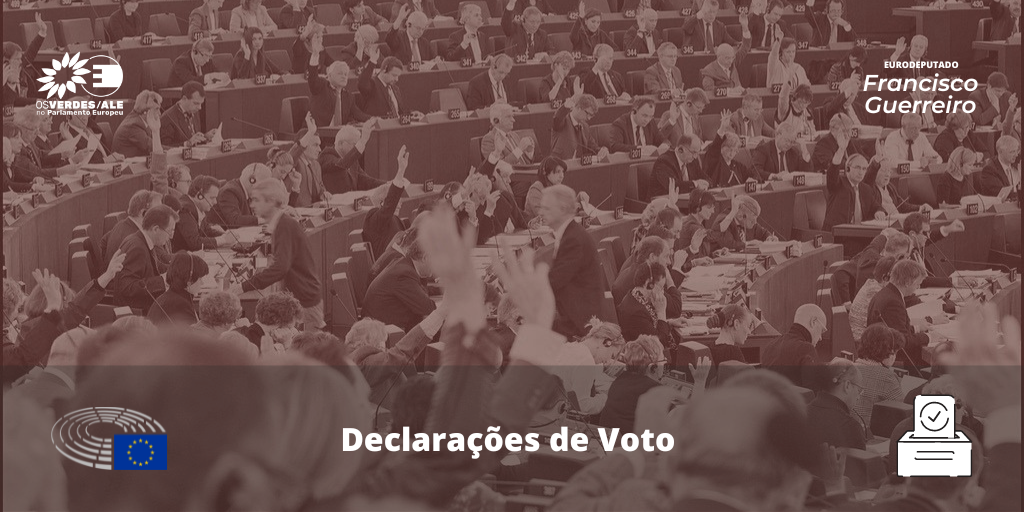
ParlTrack - Francisco Guerreiro considered one of the most productive MEPs
Monday, 01 July 2024
The analytical website ParlTrack has recorded all the parliamentary actions of MEPs during the 2019-2024 term, considering Francisco Guerreiro one of the most productive.READ MORE